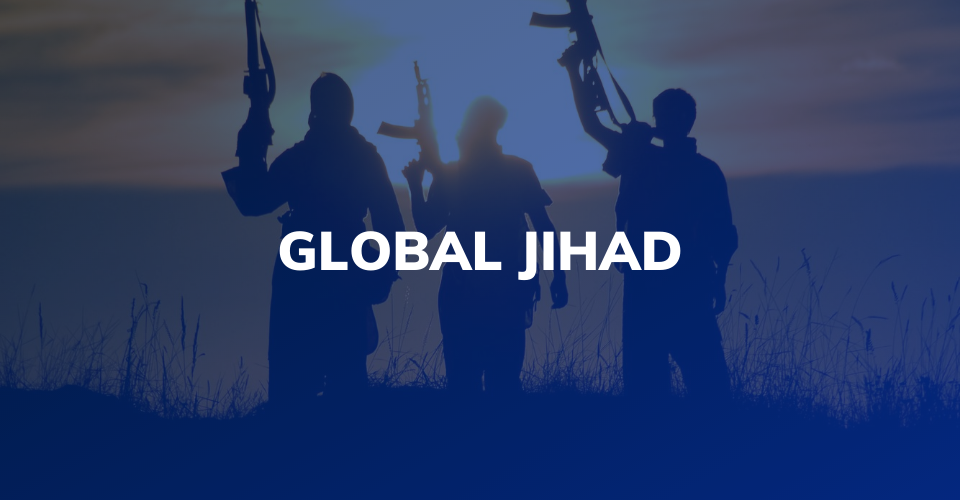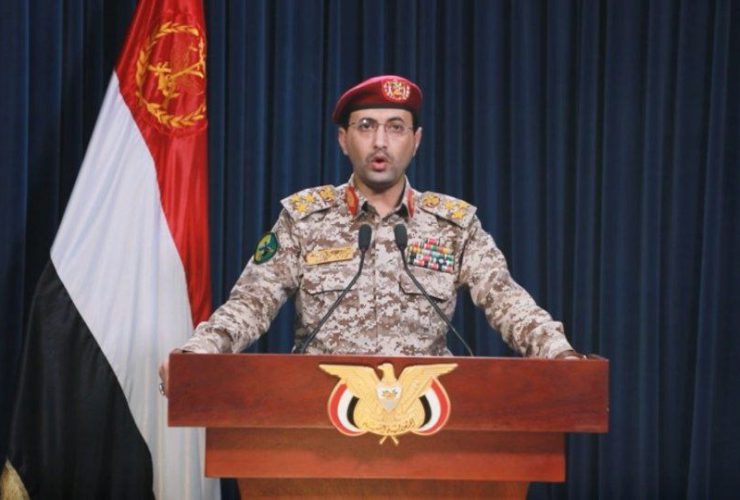Summary of Information on Jihadist Websites – April 2017
Highlights
- Sheikh Ayman al-Zawahiri, the leader of Al-Qaeda, calls on jihad fighters in Syria to be patient and prepare for a long war against the Crusaders, and their Shi’ite and Alawite allies. He warns against being deceived by traitors who try to sabotage jihad by secularizing. He also offers operative advice to jihad fighters in Syria, including moving to guerilla warfare against the enemy and leveraging the war in Syria to a worldwide Islamic problem that will merit the help of all Muslims by any means, whether physical or economic.
- Hassan al-Muhajir, the spokesman for the Islamic State (IS), encourages fighters, especially in Mosul and Raqqah, and calls on them to continue to stand with the IS against the “Crusader offensive”. In addition, al-Muhajir pleads with them to continue to carry out attacks against the US, Europe and Russia, and criticized Turkey and the Muslim Brotherhood for cooperating with the Crusaders.
- Qasim al-Rimi, the leader of Al-Qaeda in the Arabian Peninsula (AQAP), emphasizes that the aggressive policy of the US, led by President Trump, in Yemen is proof of the failure of US policy in the war against Muslims and jihad fighters. In addition, al-Rimi calls on Muslims to wage defensive jihad against the American invaders in Yemen and their Houthi allies. According to him, the Arab Emirates are also playing a significant part in the battle against jihad fighters in Yemen.
- Khalid bin ‘Umr Bartifi, a senior AQAP leader, states that US policy under the Trump administration has not changed and it continues its aggressive policies against Muslims in Yemen and, therefore, it is incumbent upon every Muslim to defend the religion of Islam. In addition, Bartifi calls on jihad fighters to be prepared for long clashes with the enemy and to wage a war of attrition against it.
- Al-Qaeda in the Islamic Maghreb (AQIM) publishes a series of recommendations written by Abu al-Hasan Rashid al-Bulaydi, a former senior leader in a Nigerian jihadist organization, about how to conduct jihad activity in Nigeria and how players operating in the region must be treated.
- Asim Umar, the leader of Al-Qaeda in the Indian Subcontinent, maintains that the US is experiencing an internal collapse due to repeated attacks by jihad fighters against US interests and due to the deterioration of American morality. In his opinion, the victories of jihad fighters in Afghanistan are leading to a US withdrawal from the country.
- The leader of the Turkestan Islamic Movement, Abdul Haq, expresses his support for Uyghur jihad fighters in Syria and emphasizes that, alongside the battle in Syria, there is a duty to act against the Chinese persecution of the Muslim population in the Xinjiang District in eastern Turkestan.
- The Islamic Emirate of Afghanistan declares the launch of “Operation Mansouri” against foreign forces and the government in Kabul. According to the organization, the operation will be conducted on both the political and military level.
- Jihadist fighters in Syria condemn the chemical attack carried out by the Assad government against the civilian population in Khan Shaykhun and calls for revenge attacks.
- The Islamic State in Egypt claims responsibility for attacks against Coptic churches in Tanta and Alexandria. In addition to carrying out terrorist attacks, IS supporters are waging an online campaign calling for attacks against the Coptic population in Egypt.
- The Islamic State in the Sinai Peninsula warns the Tarabin tribe not to stand in its way and not to cooperate with the smugglers of prohibited items, such as cigarettes, or suffer the consequences.
- Al-Qaeda in the Arabian Peninsula publishes a guidebook titled, “Inspire Guide” containing insights and lessons from the terrorist attack carried out by an IS supporter in London. In addition, the organization encourages the continuation of the trend of “lone wolf” attacks in the West and emphasizes that these serve as the spearhead of jihad fighters in the West.
 This article is part of the RED-Alert project, funded by the European Union’s Horizon 2020 research and innovation Programme under grant agreement No 740688.
This article is part of the RED-Alert project, funded by the European Union’s Horizon 2020 research and innovation Programme under grant agreement No 740688.






